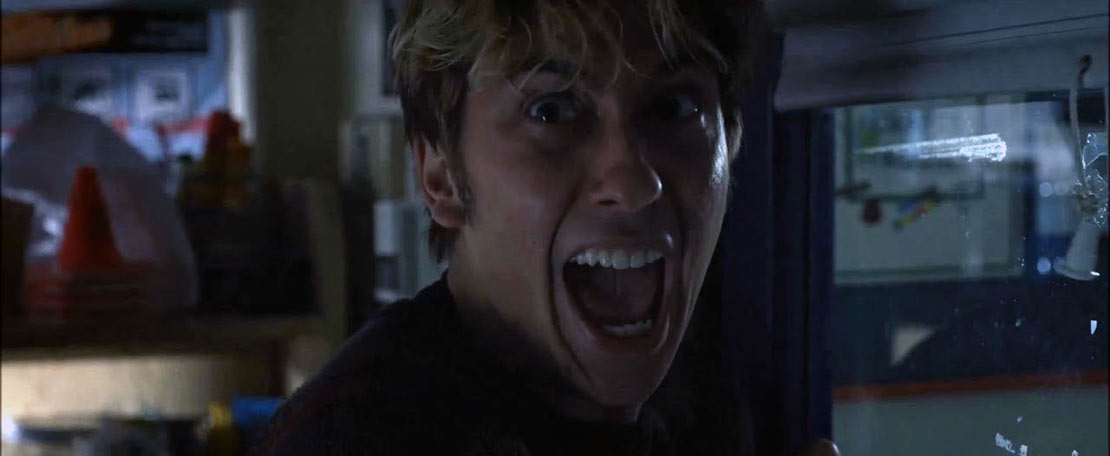It turns out Michael Jackson was wrong. No, not the decision to keep a chimpanzee as a pet. Or spending $20 million to live inside an amusement park…but the idea that “it doesn’t matter if you’re black or white”. When it comes to the casting of lead characters in some of the biggest films, it does. Or at least it used to.
There is a long history (and still some present) of so-called “whitewashing” of characters in comic book, video game or manga to screen adaptations. Edge of Tomorrow, Prince of Persia, Last Air Bender, Ghost in the Shell, Doctor Strange and Death Note to name a few. I could go on but I have a word limit…
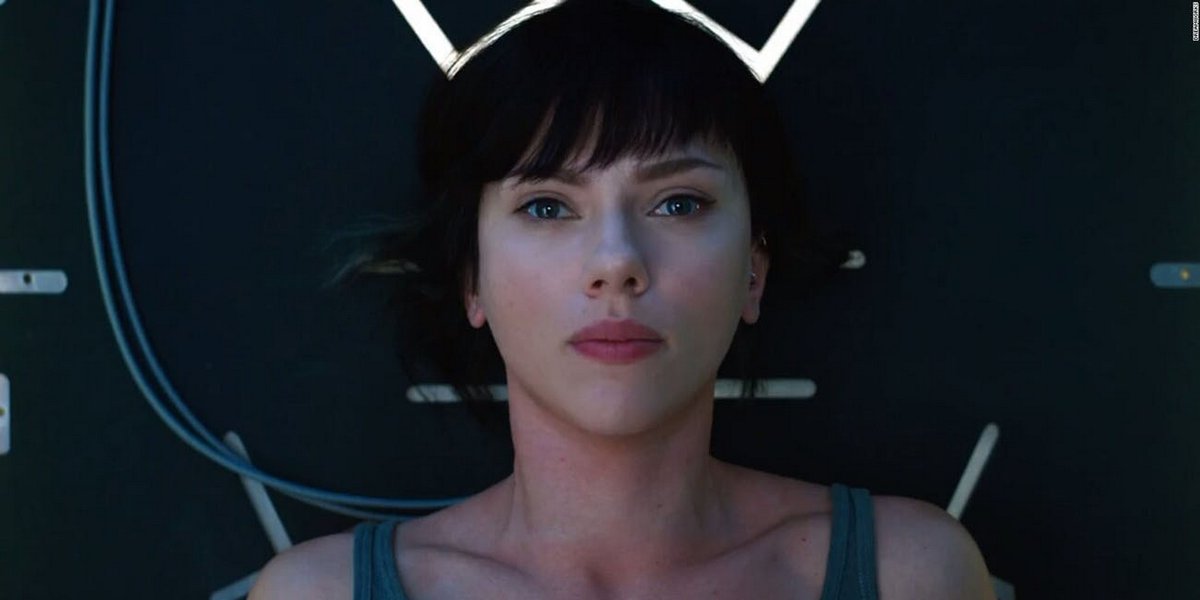
So let’s just say there are many examples and move on…
Whitewashing, or the practice of casting white actors in non-white character roles, was often seen as a business decision. Trading authenticity or cultural sensitivity for star power and box office success.
The case for whitewashing
Exodus: Gods and Kings was produced and directed by Ridley Scott. When asked why a film set in Ancient Eygyt, North Africa, featured a mostly white leading cast he said:
“I can’t mount a film of this budget, where I have to rely on tax rebates in Spain, and say that my lead actor is Mohammad so-and-so from such-and-such. I’m just not going to get it financed. So the question doesn’t even come up.”
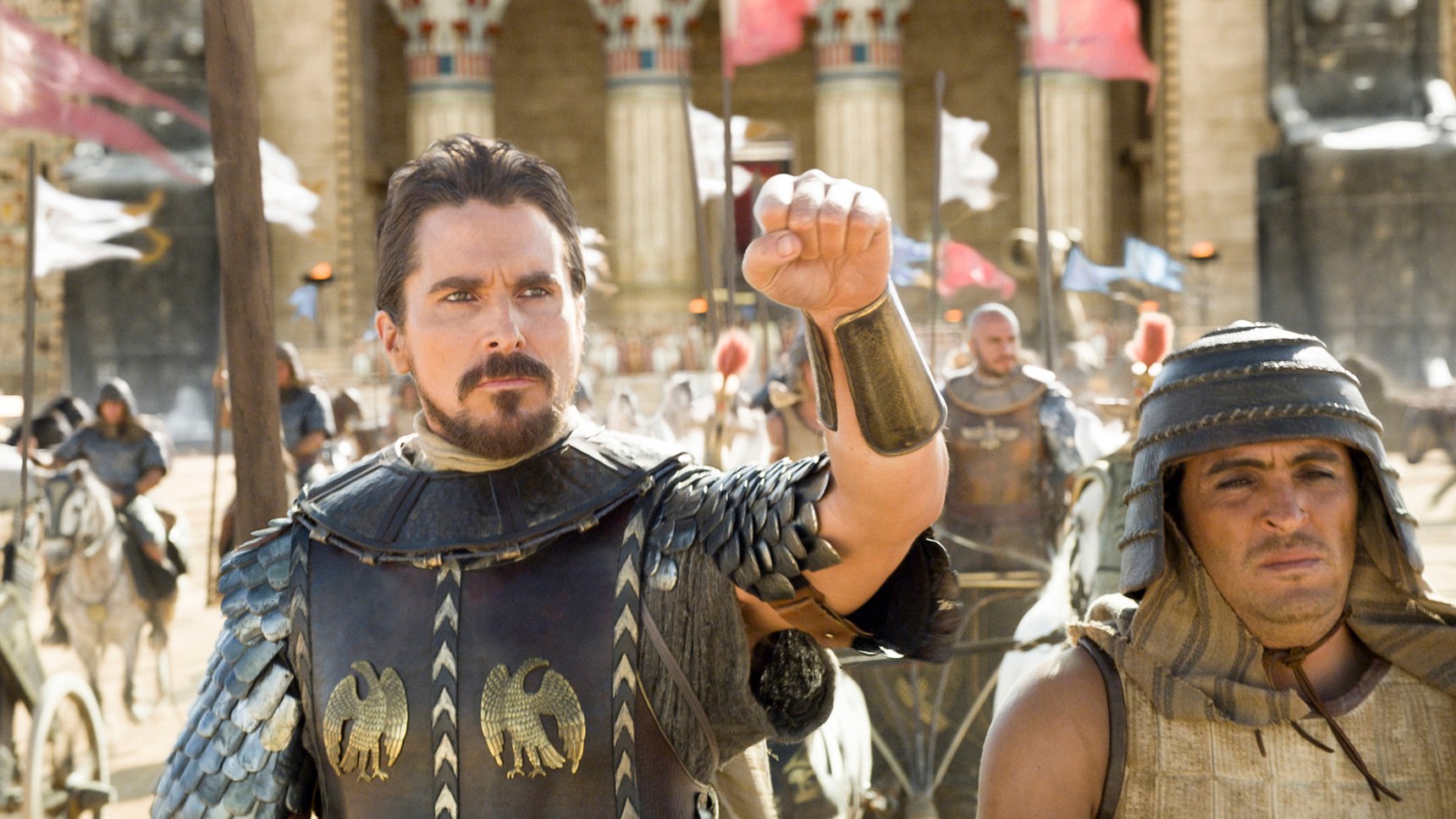
Not only is that offensive to the “so-and-so from such-and-such” family, but doesn’t even address why the rest of the main cast (not exactly filled with box office stars) were still largely white beyond Christian Bale. But let’s accept that argument for now. If it was ever true at one point, is it still now?
People go to the cinema to see good films…and eat bad popcorn. Involving people from different cultures in leading roles doesn’t affect that. In fact, it can improve the experience and lead to box office success simply by giving a larger audience a bigger stake in the final product.
You just have to look at the excitement over Black Panther and Crazy Rich Asians to see the effect authentic representation has on audiences. Having stood in line at more than one packed out cinema to see Ryan Coogler’s fantastic journey into Wakanda, it’s not hard to see why. When people see themselves represented on screen as leads, they feel part of the story.
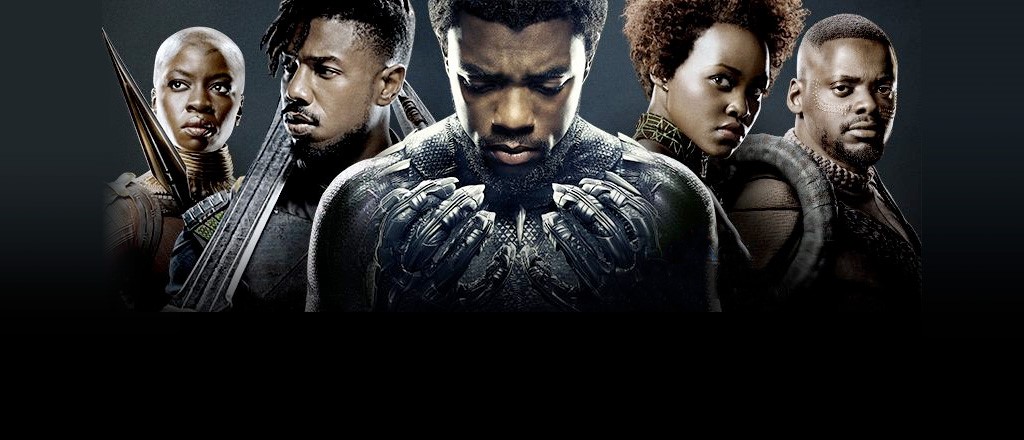
The Creative Artists Agency would agree. A recent study showed that between 2014 and 2016 films with more diverse casts outperformed less diverse ones at the box office.
The tradition of having white actors take on characters of ethnic backgrounds has been in play since the early days of American theatre and cinema. It’s something the industry was able to get away with at the time, but it’s becoming harder to justify in this millennium.
Changing times
British actor Ed Skrein pulled out of a role of Major Ben Daimio in the upcoming Hellboy reboot after learning of the character’s background. Skrein won praise as he called for the role to be cast appropriately, showing the growing awareness around the issue in recent times.
The film industry has grown incredibly and the pool of talent is more diverse than it has ever been. Productions are more realistic not only through the use of special effects but makeup, cinematography and extensive research that goes into creating these spectacular experiences. That same endeavour towards accuracy should also be brought to the casting of lead characters.
That means seeing a broad range of leading characters represented when adapting source material for the big screen.
Hollywood has the resources to find the actors from non-white cultural backgrounds.
And we expect more.

So where does that leave the myth of whitewashing leading to box office success? Ghost in the Shell says hello and it’s bringing The Last Air Bender, Prince of Persia, Lone Ranger with it. As we raise our expectation, we can get rid of the thinking that drafting a star of Avengers fame to play Motoko Kusanagi will guarantee a commercial or even critical hit.
Ridley Scott’s reasoning just doesn’t fly now (if it ever did). Iron Fist is an example of a relative failure even when being true to source material, showing the lead actor is no cure for bad storytelling and execution whatever they look like.
Mixed reactions
There is still some way to go to see more filmmakers feel comfortable with the idea of representation. There are many fans certainly ready to see filmmakers resist the urge to recast ethnic lead actors for the ostensibly safe choice of a white actor.
Not everyone is on board, unfortunately.
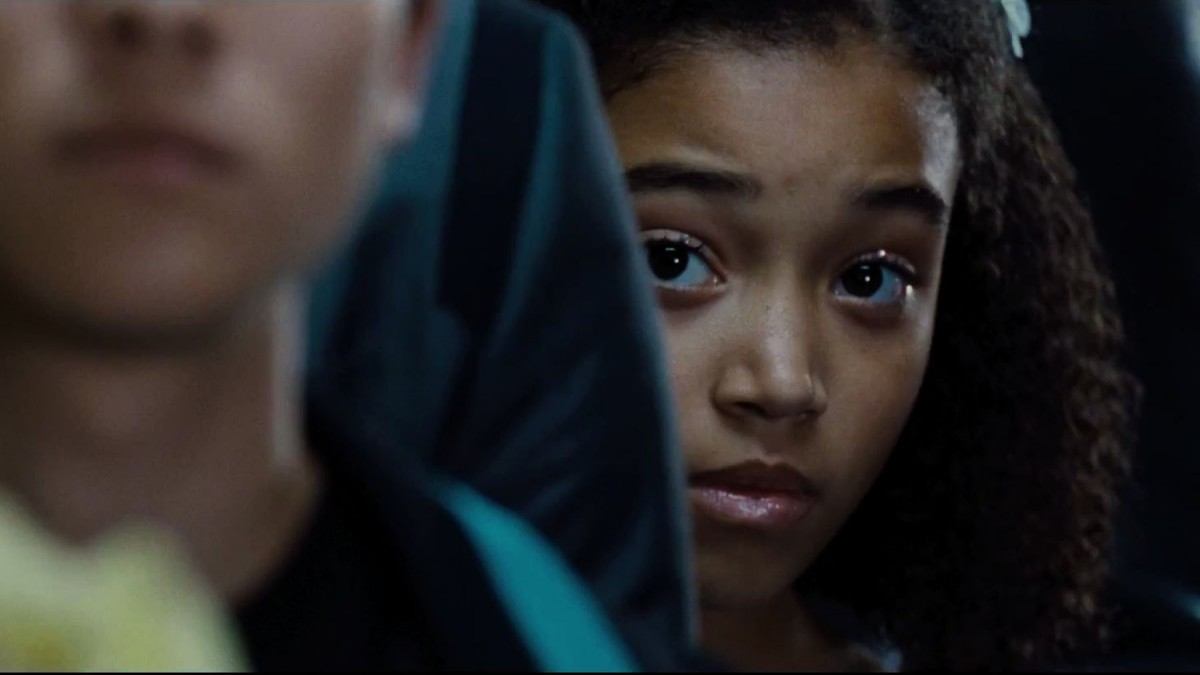
The list of backlashes is longer than it should be. Reactions to Rue and Thresh in the Hunger Games. The reaction to Anna Diop’s casting as Starfire in the new Teen Titans adaptation. Even the irrational outpouring of hate that followed Finn, Rey and Rose’s inclusion in the Star Wars universe. This is particularly astounding in a story spanning a multitude of planets and aliens races of all shapes, colour, and languages.
There are valid criticisms to be made when characters fans have loved for years in one medium are recreated in another. I’ve boycotted the Transformers franchise after the mess that was 1 through 5. That’s not to say I never want to see robots in future summer blockbusters…just not the ones produced by Michael Bay.
The case for inclusion
Despite the negative reaction to an increase in casting diversity, it’s a move that needs to continue.

Routinely casting white actors to play the roles of non-white characters makes that culture’s role in the story irrelevant. An act that sends a message of dismissal for that particular audience. It also suggests other people wouldn’t be able to emphasise with someone who doesn’t look like them.
But staying true to the culture of a lead character in the original work says “you’re part of this story too”. And a story can be made better when different perspectives are included in its telling.
If nothing else, the numbers will have an impact.
Disney will have kept a keen eye on Black Panther as it passed $1 billion in worldwide box office totals. Patty Jenkins’ Wonder Woman is the second highest-grossing superhero origin film of all time. Get Out’s Jordan Peele won the Oscar for Best Original Screenplay and was nominated for several more awards.

The more these releases succeed, the less the rational behind whitewashing can be held up as an excuse. I look forward to seeing the “first black/female/Asian lead actor/director/producer to…” headlines become a thing of the past. Even putting aside commercial considerations, it’s the right thing to do.
No one loses out when we bring diversity to the stories we consume. In fact, we all win as more people are included and celebrated in each new release. Done in a genuine and authentic way, increasing representation can lead to better stories and a more inclusive medium.
Besides, if you’re a fan of good stories does it matter who’s story it is as long as it’s well told?


